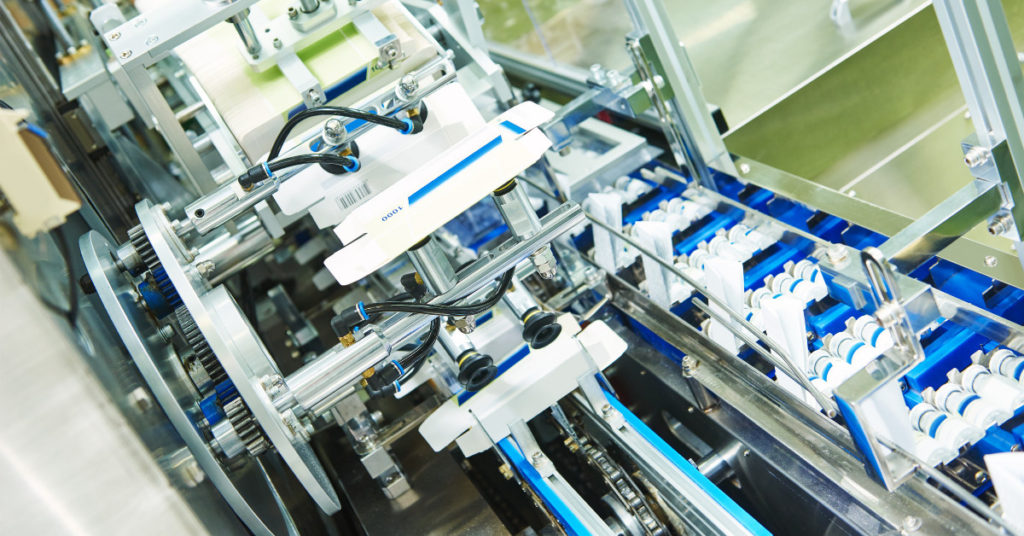At SL Controls, we work on projects that involve improving OEE and overall productivity in manufacturing businesses. We do this by integrating platforms, equipment, machines, and systems to streamline the production process, enhance automation, improve the use of data, give greater management oversight, make production lines more efficient, and more.
As our clients are primarily pharmaceutical and medical device manufacturers, compliance and quality are also critical components of the services we offer.
Evolving Skillset Requirements
We can deliver our range of services because of the unique set of skills of those on our team.
However, over the years we have seen those skills evolving. As a result, our requirements in the recruitment marketplace have also evolved.
The reasons for this are varied but they include the development of new technologies, increasing demands from the customers of our clients (i.e. the end users/patients of the medical device or pharmaceutical products that our clients manufacture), and the changing regulatory landscape.
The types of engineer we currently employ include:
- Control Systems Engineers
- Automation Engineers
- Validation Engineers
- Software Engineers
As a company, however, we at SL Controls have always looked to the future, anticipating market requirements and the issues we might face to deliver on those requirements.
We also have a significant interest and passion for the engineering sector in Ireland in general. Plus, we are in an ideal position to provide expert analysis of the factors that will influence the industry in the future.
This means we can clearly see the importance of getting more young people engaged with STEM topics and courses. We also need more young people to pursue a career in engineering, particularly young women as they are currently significantly under-represented in our sector.
That said, we believe there is something additional happening. This is the fact engineers working in our industry in the future will need a broader range of skills compared to the traditional disciplines that exist today.
This is demonstrated by the skillset evolution mentioned above that we’ve seen in our own company.
This broader range of skills is encompassed in the role of the Equipment Systems Engineer.
What is an Equipment Systems Engineer?
In our industry, we can already see that putting engineers into discipline silos is no longer effective.
To deliver engineering services to the pharmaceutical and medical devices industries we serve, we need engineers with the following range of engineering knowledge, experience, and skills:
- Control Systems
- Mechanical
- Electrical
- Validation
- Software
Engineers must also have knowledge of Information Technology and Information Systems, including communication, cloud, and networking technologies. They must also have programming skills.
The above is a good summary of the job description of an Equipment Systems Engineer.
The Equipment Systems Engineer
The role of Equipment Systems Engineer is new, but it’s one we are championing here at SL Controls.
I, alongside SL Controls Co-Founder and Chief Technical Officer Shane Loughlin, have established E-Cubers, a not-for-profit industry-backed initiative that brings together all stakeholders, including those in education, to promote Equipment Systems Engineering to young people.
E-Cubers is also about creating and establishing more opportunities for students and engineers to acquire the skills they need to one day become an Equipment Systems Engineer.
Find out more about E-Cubers and the work we are doing by visiting the E-Cubers website.


Comments are closed.